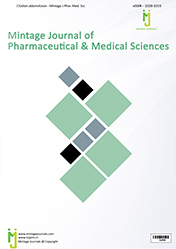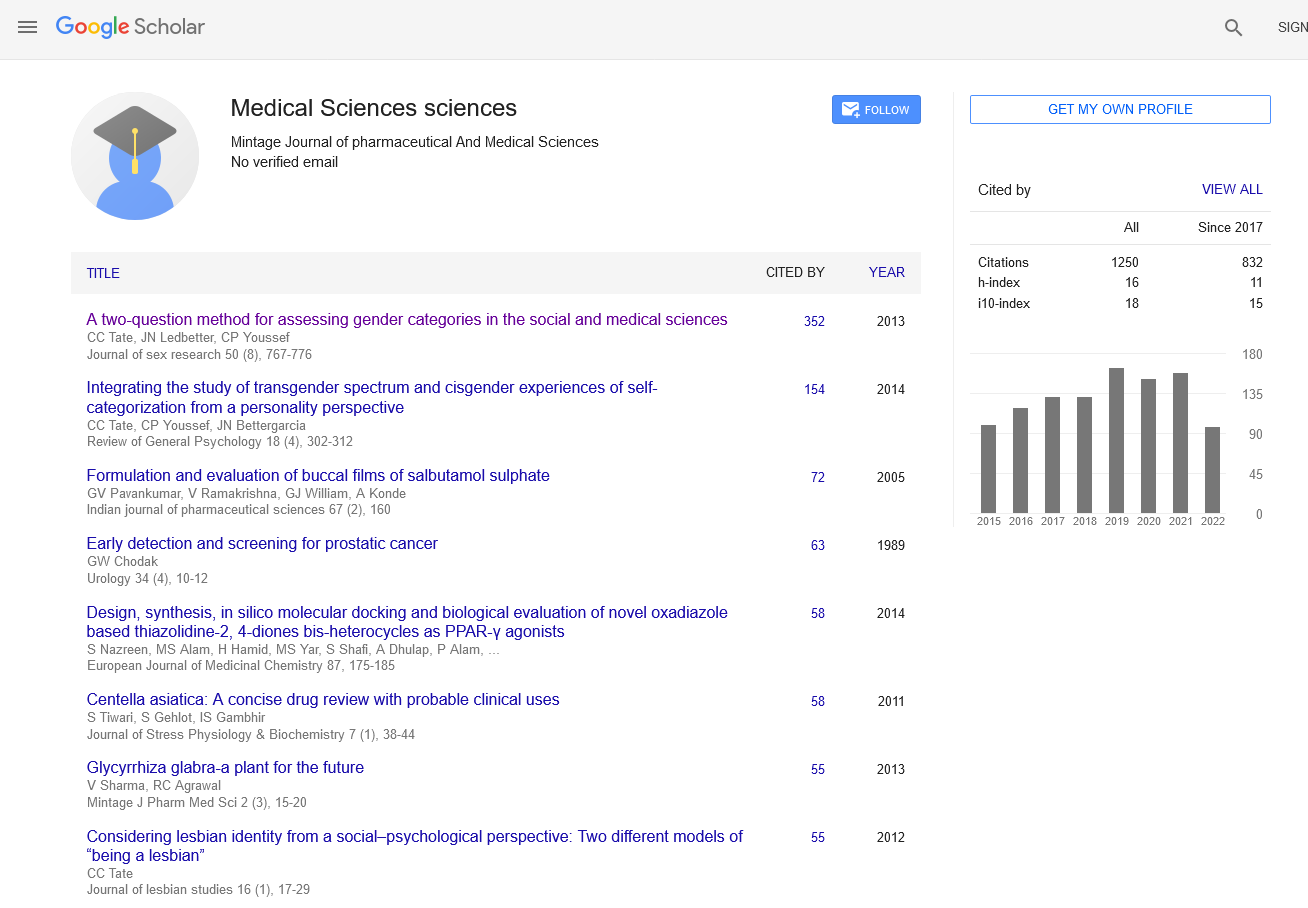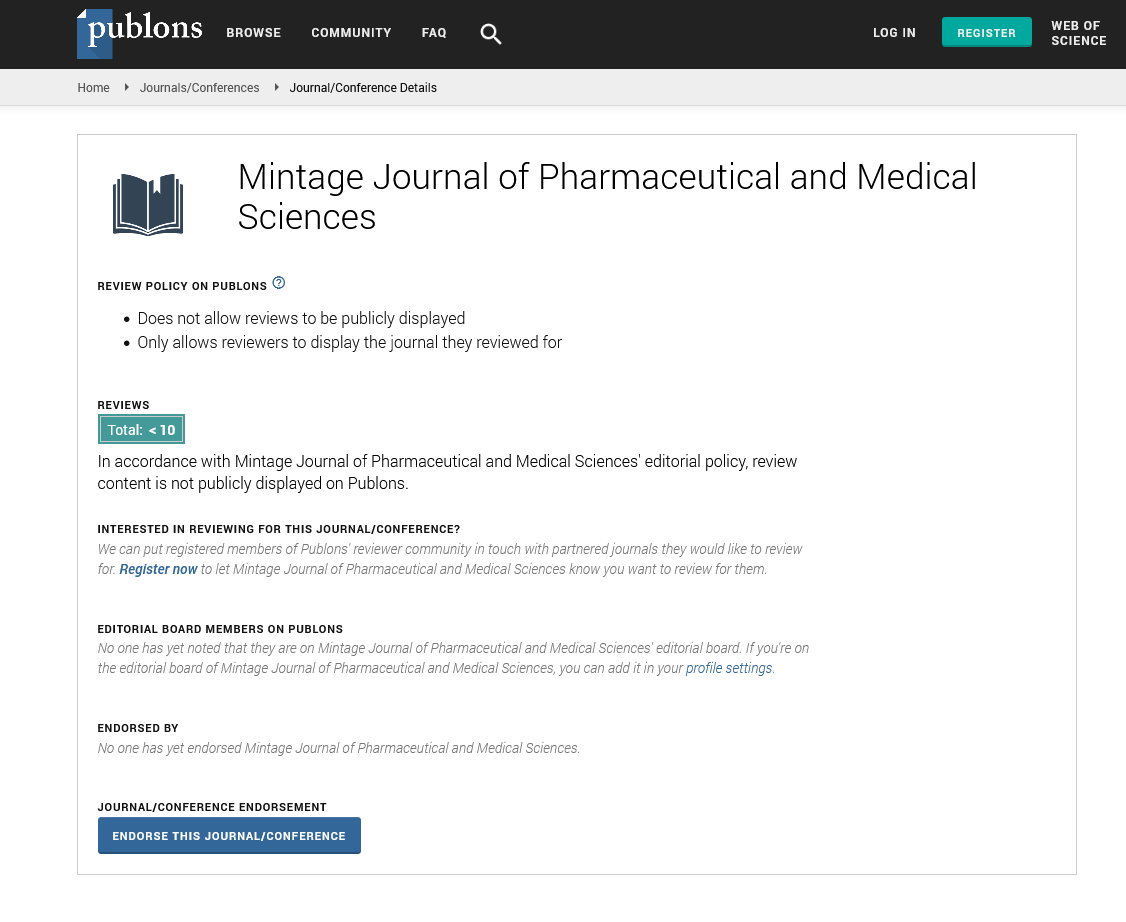The Promise of Drug Repurposing in Cancer Therapy: Key Examples
Opinion - (2024) Volume 13, Issue 1
Introduction
Drug repurposing, also known as drug repositioning, is an innovative strategy in cancer therapy that involves the use of existing drugs, originally developed for other diseases, to treat various types of cancer. This approach leverages the established safety profiles, known pharmacokinetics, and pharmacodynamics of these drugs, potentially accelerating the process of bringing effective cancer treatments to patients. Several drugs have shown promising results when repurposed for cancer therapy, offering new hope for combating this complex and multifaceted disease.
Description
One notable example of drug repurposing in cancer therapy is the use of metformin, a widely used drug for type 2 diabetes. Epidemiological studies have shown that diabetic patients taking metformin have a lower incidence of cancer and improved survival rates if they develop cancer. Metformin’s anticancer effects are thought to be mediated through the activation of the AMP-activated protein kinase (AMPK) pathway, which inhibits the mammalian target of rapamycin (mTOR) signaling, a critical pathway for cell growth and proliferation. Clinical trials are currently exploring metformin’s efficacy in various cancers, including breast, colorectal, and prostate cancers. Another prominent example is thalidomide, originally developed as a sedative and later notorious for causing birth defects. However, thalidomide has been successfully repurposed for the treatment of multiple myeloma. Its anticancer properties are attributed to its anti-angiogenic effects, meaning it can inhibit the formation of new blood vessels that tumors need to grow. Thalidomide’s success has led to the development of more potent derivatives, such as lenalidomide and pomalidomide, which are now standard treatments for multiple myeloma. Aspirin, a common anti-inflammatory drug, has also shown potential in cancer prevention and therapy. Long-term use of aspirin has been associated with a reduced risk of colorectal cancer. Aspirin’s anticancer effects are believed to stem from its ability to inhibit the cyclooxygenase (COX) enzymes, reducing inflammation, and potentially interfering with cancer cell proliferation and metastasis. Ongoing studies are evaluating the role of aspirin in preventing other types of cancer and in improving the outcomes of cancer treatment. The antiparasitic drug ivermectin, known for treating infections like river blindness and scabies, has demonstrated anticancer properties in preclinical studies. Ivermectin has been found to inhibit the proliferation of cancer cells and induce apoptosis (programmed cell death) in various cancer types, including breast, ovarian, and glioblastoma. Its potential mechanisms of action include the modulation of the WNT/β-catenin signaling pathway and the inhibition of the nuclear transport of key regulatory proteins. Disulfiram, a drug used for over 60 years to support the treatment of chronic alcoholism, has emerged as another candidate for repurposing in cancer therapy. Disulfiram’s anticancer activity is linked to its ability to inhibit aldehyde dehydrogenase (ALDH), an enzyme involved in drug resistance and the survival of cancer stem cells. Studies have shown that disulfiram, in combination with copper, can induce oxidative stress and apoptosis in cancer cells, making it a promising candidate for treating cancers such as breast, lung, and prostate cancer. The antimalarial drug chloroquine and its derivative hydroxychloroquine have also gained attention for their potential in cancer therapy. These drugs are known to inhibit autophagy, a process by which cancer cells recycle components to survive under stress. By blocking autophagy, chloroquine and hydroxychloroquine can sensitize cancer cells to chemotherapy and radiation, enhancing their efficacy. Clinical trials are investigating their use in combination with conventional cancer treatments for various malignancies, including glioblastoma and pancreatic cancer.
Conclusion
Drug repurposing offers a promising and cost-effective strategy for developing new cancer therapies. By leveraging existing drugs with known safety profiles, researchers can expedite the discovery and development process, bringing potentially life-saving treatments to patients more quickly. Metformin, thalidomide, aspirin, ivermectin, disulfiram, and chloroquine are just a few examples of how drug repurposing is opening new avenues in the fight against cancer. As research continues, more repurposed drugs may emerge, providing additional hope and options for patients battling this challenging disease.
Author Info
Angelo Wiest*Received: 28-Feb-2024, Manuscript No. mjpms-24-136518; , Pre QC No. mjpms-24-136518 (PQ); Editor assigned: 01-Mar-2024, Pre QC No. mjpms-24-136518 (PQ); Reviewed: 15-Mar-2024, QC No. mjpms-24-136518; Revised: 20-Mar-2024, Manuscript No. mjpms-24-136518 (R); Published: 27-Mar-2024, DOI: 10.4303/2320-3315/236002
Copyright: This is an open access article distributed under the terms of the Creative Commons Attribution License, which permits unrestricted use, distribution, and reproduction in any medium, provided the original work is properly cited.

ISSN: 2320-3315
ICV :81.58

